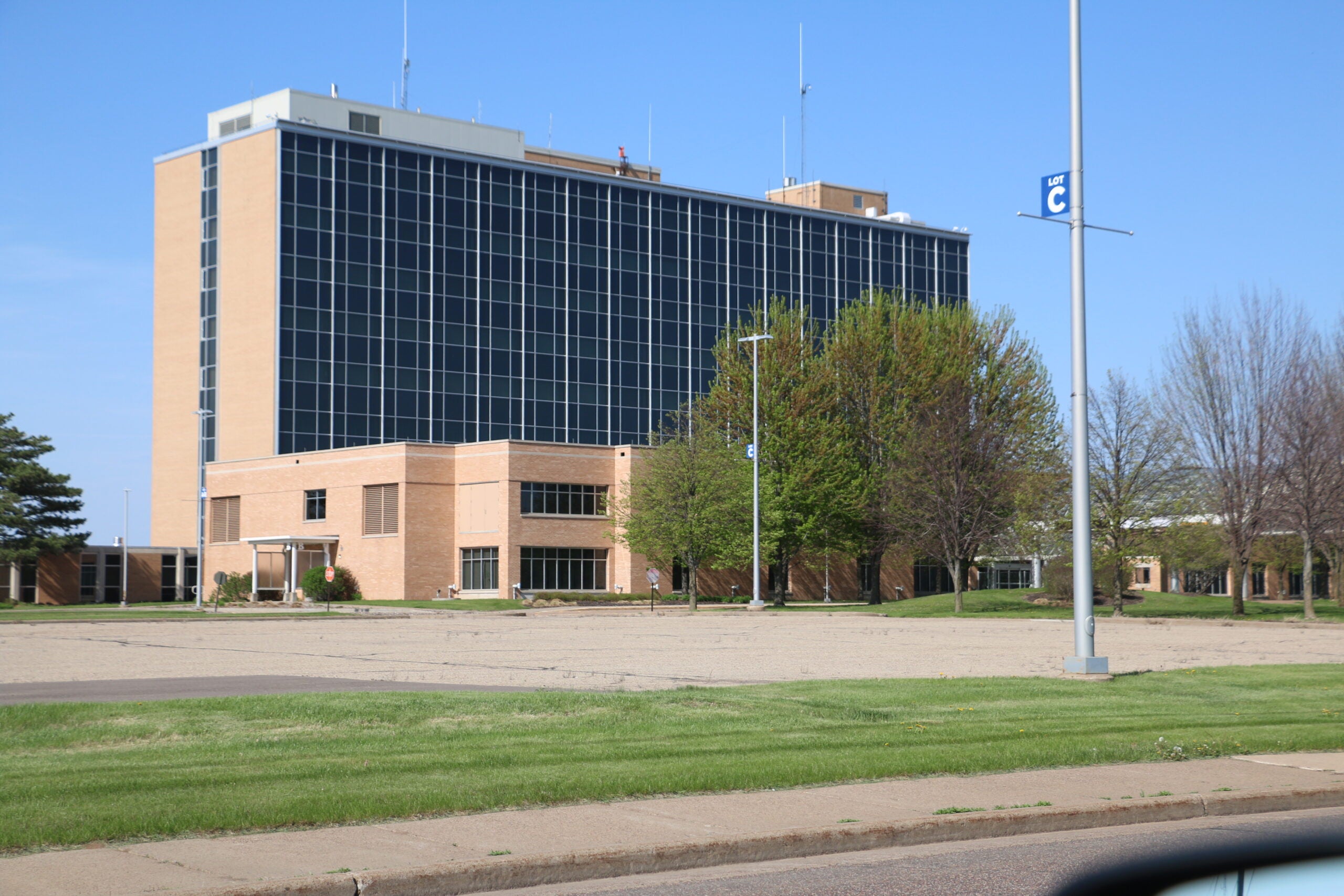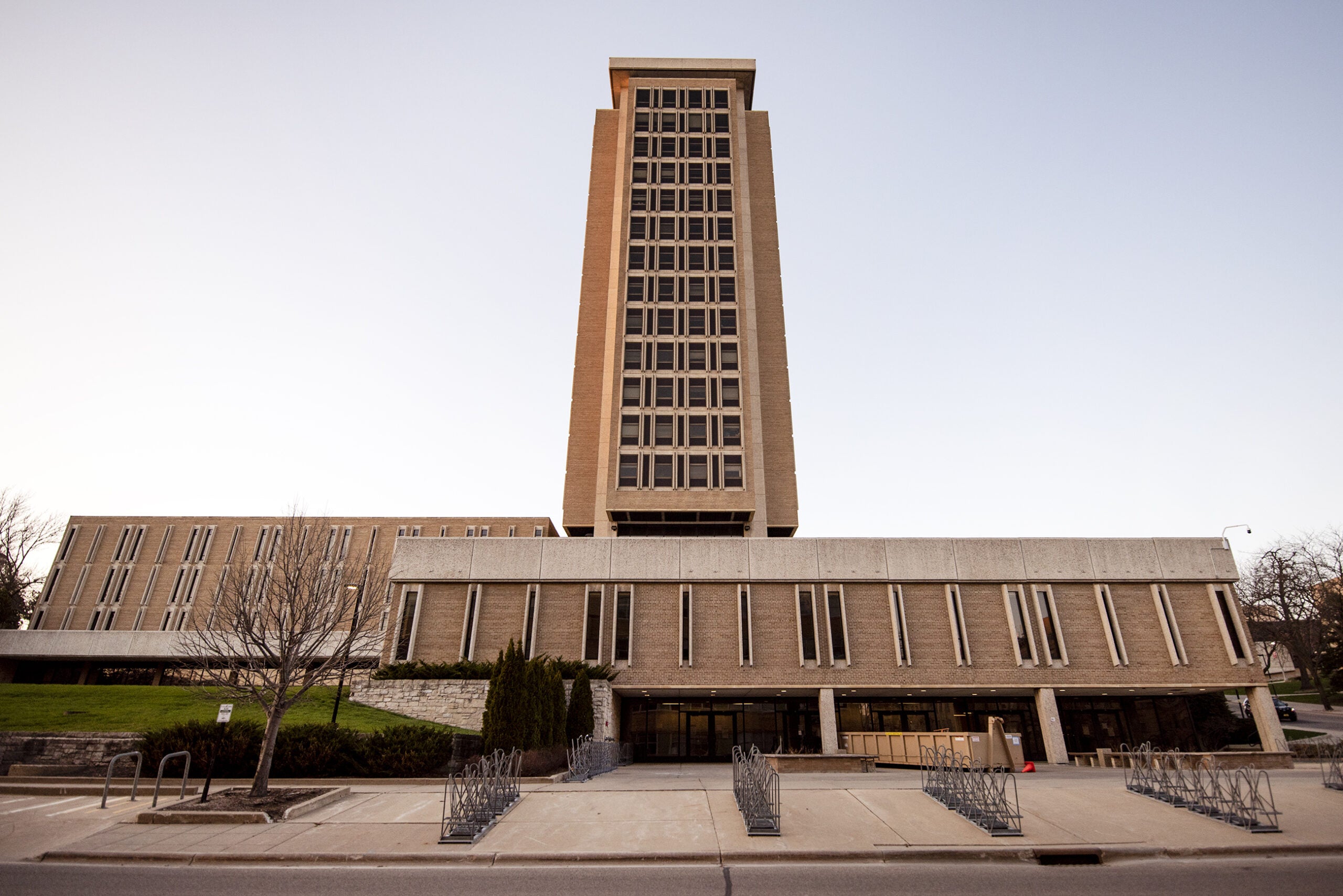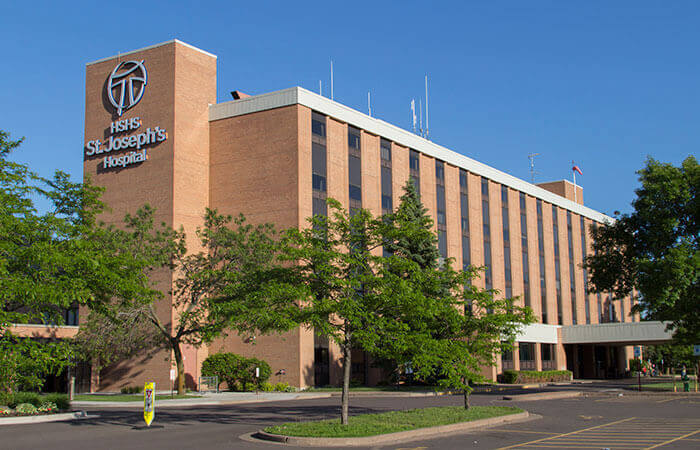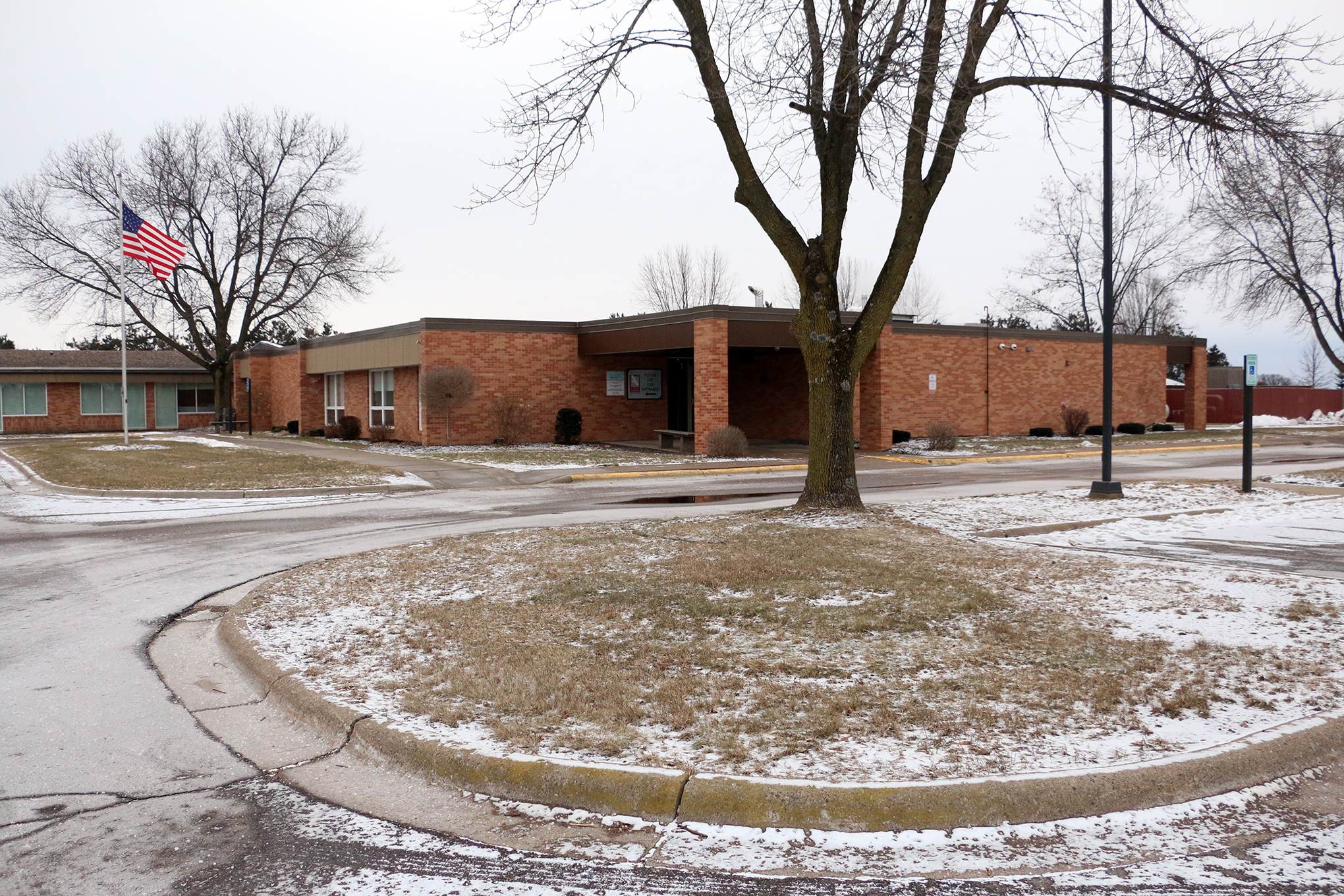Funding to expand hospital services in western Wisconsin continues to be delayed by a dispute between state officials. That’s left local leaders facing uncertainty about the future of health care in their communities.
State lawmakers approved legislation in February to allocate $15 million for grants to support hospital emergency departments in Eau Claire and Chippewa counties.
The funding came in response to the closures of two hospitals and a network of clinics by Hospital Sisters Health System and Prevea Health. The hospitals in Eau Claire and Chippewa Falls officially closed on March 22 and most clinics will close on or before April 21.
News with a little more humanity
WPR’s “Wisconsin Today” newsletter keeps you connected to the state you love without feeling overwhelmed. No paywall. No agenda. No corporate filter.
When Gov. Tony Evers signed the legislation in February to create the new grants, he used his partial veto power to make the grants available to support any needed hospital services in western Wisconsin.
In response, the state Legislature’s Joint Finance Committee has declined to release the funding. Evers had called the committee to meet on Tuesday to approve the funding, along with $125 million for PFAS mitigation. But committee co-chairs state Sen. Howard Marklein, R-Spring Green, and Rep. Mark Born, R-Beaver Dam, rejected the meeting, criticizing Evers in a statement for his decision not to sign the original bills.
“Instead, (Evers) vetoed legislation that would have created the programs to mitigate PFAS; and he used his line-item veto to open funding intended for the emergency healthcare services in Chippewa Valley to any of 18 counties in western Wisconsin,” the lawmakers said in a statement last week, adding “Governor Evers failed the people of Wisconsin, not the Legislature.”
Democratic state Sen. Kelda Roys of Madison, who also serves on the Joint Finance Committee, criticized Republicans for their lack of action. She said the hospital closures are “a real crisis” for people in the affected communities, especially for emergency departments and labor and delivery services.
“Just thinking about it from the logistical and human perspective, we’ve got a massive health care shortage in the state and there will be no place for some of these patients to go to be served,” Roys said.
Local leaders focus on future of health care services
Greg Hoffman is mayor of Chippewa Falls, which lost HSHS St. Joseph’s hospital and a substance abuse recovery center as part of the closures. He said the community has seen minimal disruptions in the last month, especially after other health care providers in the region stepped forward to take more patients.
But Hoffman said he and other leaders are still feeling apprehensive about hospital capacity in the wider region.
“This isn’t just Chippewa Falls or Eau Claire, it encompasses a large area,” he said. “So when you start looking at that, then you start to feel a little bit of panic.”
Hoffman said there is concern about overwhelming local emergency departments. But he said the greatest need is general bed capacity of hospitals and mental health services. HSHS Sacred Heart hospital in Eau Claire was the only hospital in the region that provided inpatient behavioral health services for minors and the treatment center in Chippewa Falls offered both inpatient and outpatient services.
“We have a really big gap on the mental health issue,” he said.
Hoffman said his biggest focus remains on supporting the development of a new hospital in the region. Private physician group OakLeaf Medical Network established a nonprofit cooperative in the region to open a new facility. Hoffman said that work is moving forward, but it will likely take three to four years before a new hospital is opened.
He said it’s frustrating to see a lack of assistance from state officials, beyond just releasing the funding that’s already been approved.
“I feel like they just cut us off and left us hanging out here,” Hoffman said. “Because if they were really serious about wanting to help us, they would be talking $50 to $100 million, not just $15 million.”
A task force launched by the Eau Claire Area Chamber of Commerce is also looking ahead at possible expansions while they wait for the state funding to be released. David Minor, the organization’s president and CEO, told WEAU-TV on Tuesday that he is waiting to hear from Mayo Clinic and Marshfield Clinic health systems about how they could each use the state grant funding. He said supporting the expansions remains at the top of his list.
“We’re talking with the top of the leadership here in Eau Claire on at least a biweekly situation and getting updates on where they’re at (and) when they feel that the plans will be fully vetted and be able to be released so we can go down to Madison and support those,” Minor told WEAU-TV.
Wisconsin Public Radio, © Copyright 2026, Board of Regents of the University of Wisconsin System and Wisconsin Educational Communications Board.







